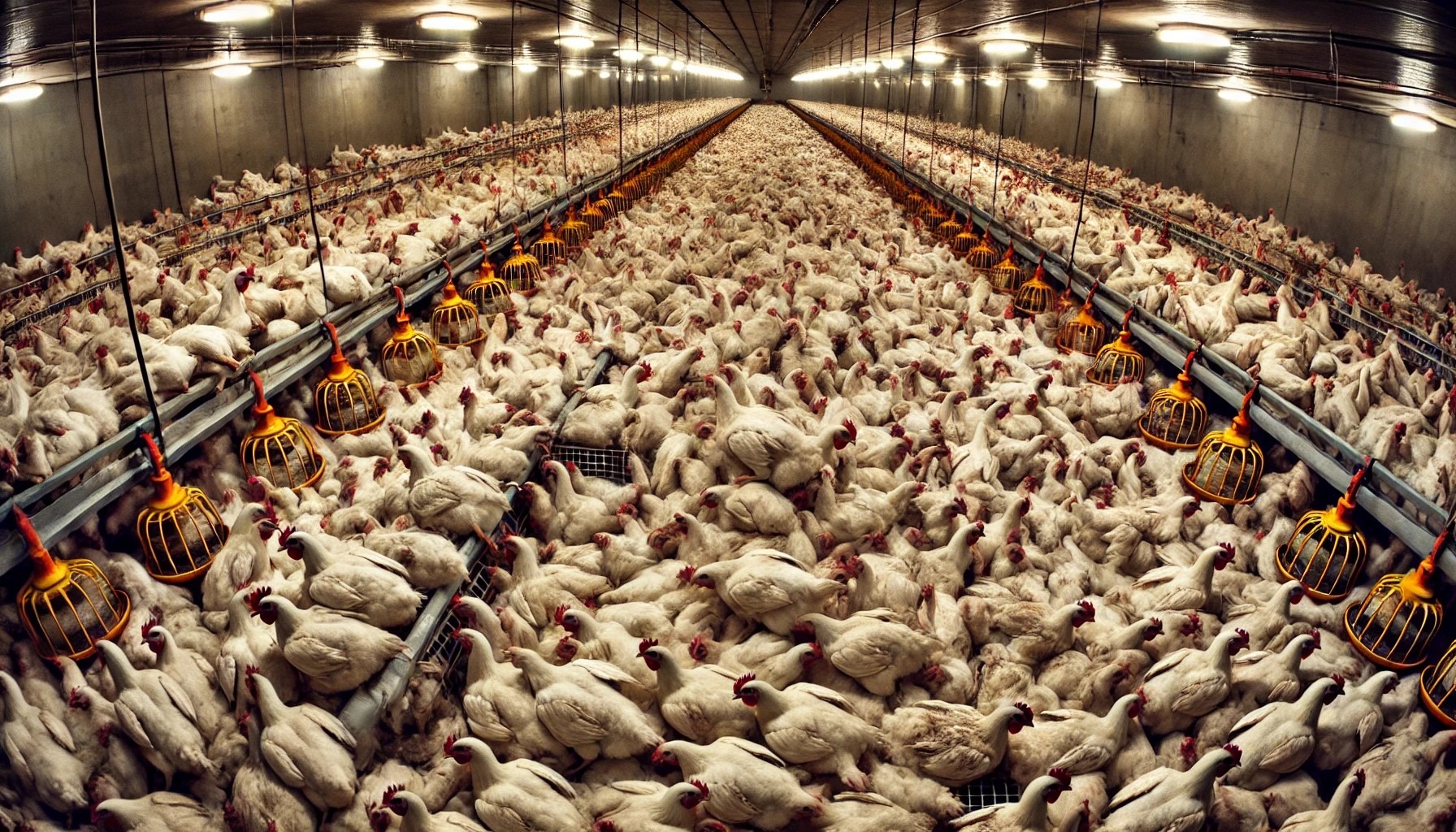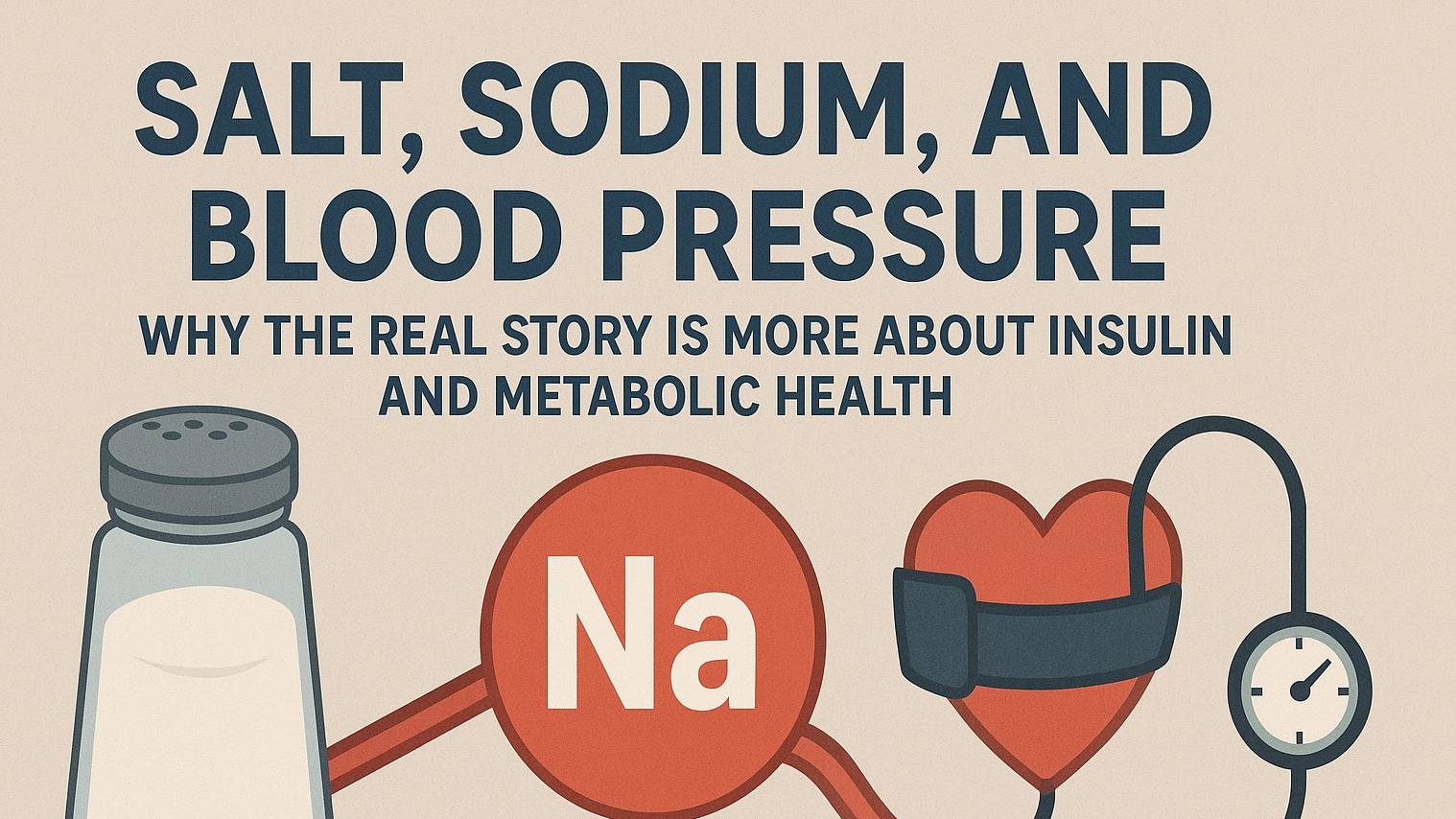
The food industry in America is broken, causing a myriad of ailments from diabetes to dementia. This problem stems from the chemicals and additives used in highly processed foods, which not only make these products appealing but also detrimental to our health. The chemicals put into our foods are illegal in other countries. These large food companies don't put these ingredients in other countries or even states cleaning up these companies, like California
The Role of Chemicals and Brighteners
Highly processed foods are often laden with chemicals and brighteners designed to enhance appearance and flavor. These substances, while making the products more enticing, have severe health consequences. Many of these additives are carcinogenic, meaning they can contribute to cancer development. Additionally, these chemicals are engineered to create cravings, ensuring consumers buy more, thereby boosting the profits of big food companies.
The Health Impact
The consumption of processed foods is linked to various health issues, including obesity, diabetes, heart disease, and cognitive decline. For instance, studies have shown that artificial food additives can disrupt hormonal balance and metabolism, leading to insulin resistance and type 2 diabetes. Moreover, certain preservatives and colorants are associated with hyperactivity and behavioral problems in children.
The Profit Motive
Major food corporations prioritize profit over public health. By using cheaper ingredients and addictive additives, they reduce production costs while ensuring repeat purchases. This strategy has proven highly lucrative. In 2020 alone, the top 10 food companies, including Nestle, PepsiCo, Coca-Cola, Tyson Foods, Kraft Heinz, General Mills, Mondelez International, Conagra Brands, and Campbell Soup Company, collectively generated hundreds of billions in revenue.
The Dominance of the Big 10
These ten companies produce over 90% of the foods found on grocery store shelves. Their dominance means they wield significant influence over dietary habits and food standards. The following are some of their revenue highlights from 2020:
- Nestle: $92 billion
- PepsiCo: $67 billion
- Coca-Cola: $37 billion
- Tyson Foods: $40 billion
- Kraft Heinz: $26 billion
- General Mills: $17 billion
- Mondelez International: $26 billion
- Conagra Brands: $11 billion
- Campbell Soup Company: $8 billion
The Need for Change
The overwhelming presence of processed foods in our diets necessitates a critical reevaluation of the food industry's practices. It is essential to push for greater transparency and regulation regarding food additives and ingredients. Additionally, consumers must be educated about the risks associated with processed foods and encouraged to choose healthier, whole food options.
Conclusion
The food industry's current trajectory is unsustainable and harmful. By prioritizing profits over health, these corporations are contributing to the prevalence of chronic diseases and declining public health. It is imperative for both regulatory bodies and consumers to demand safer, healthier food practices to combat this growing crisis.
I am a certified Functional Health Coach, helping you heal your body. I teach you how to save time and money while getting healthy. Text or call 312-623-6828 or 231-373-4649, email at kimlarson@larsonhealthweightloss.com, or visit my website at larsonhealthweightloss.com
 Add Row
Add Row  Add
Add 










Write A Comment